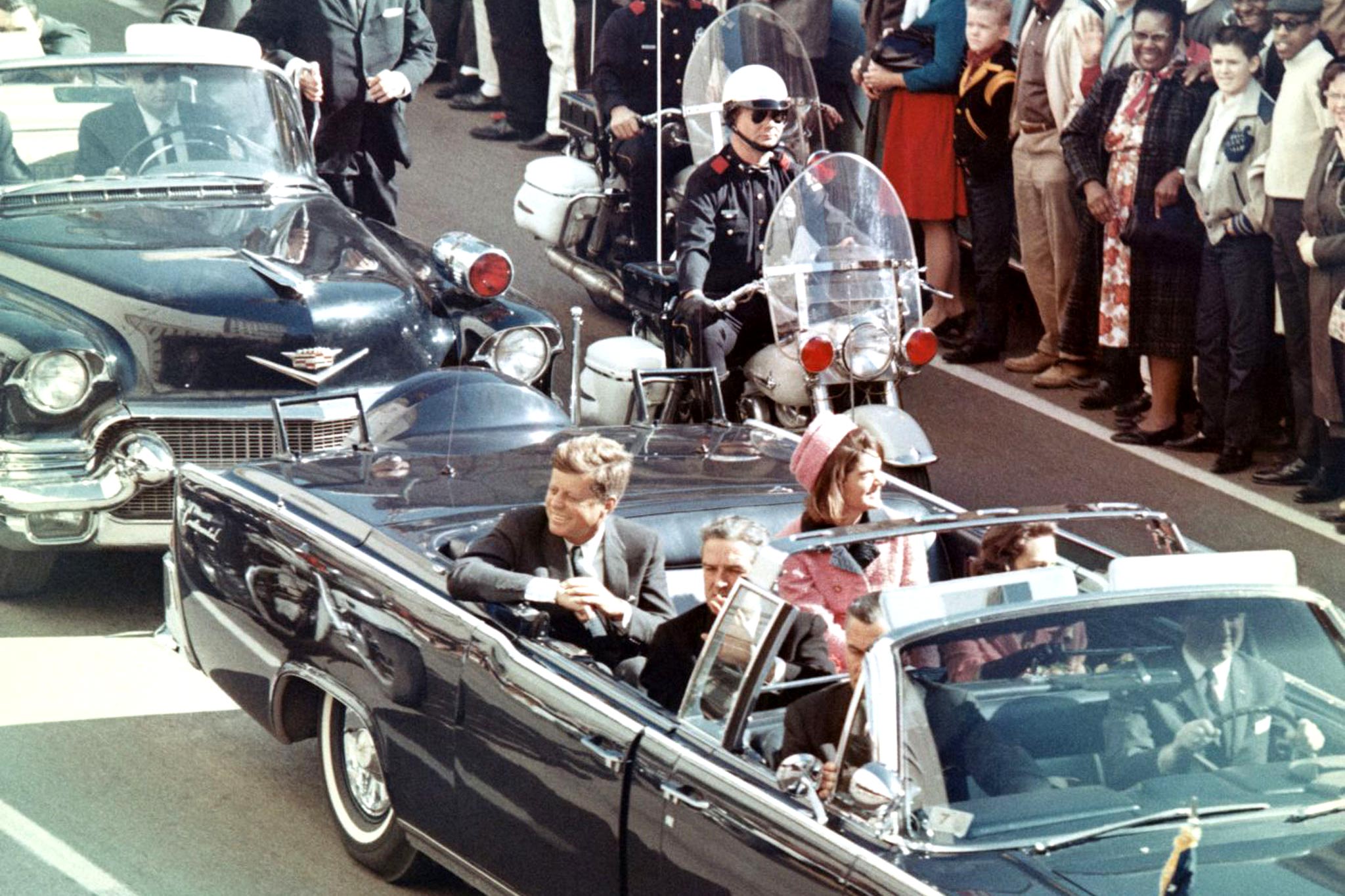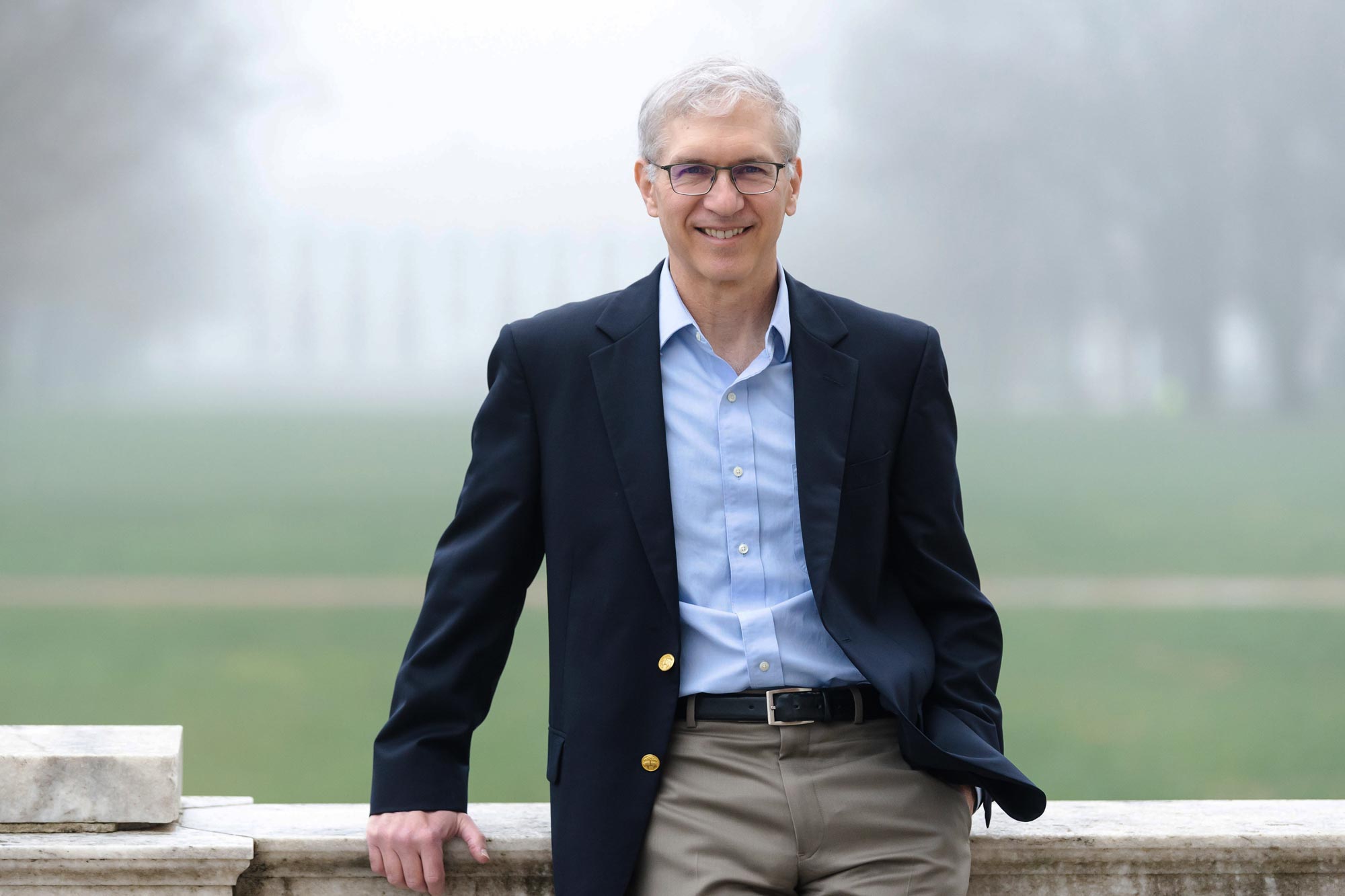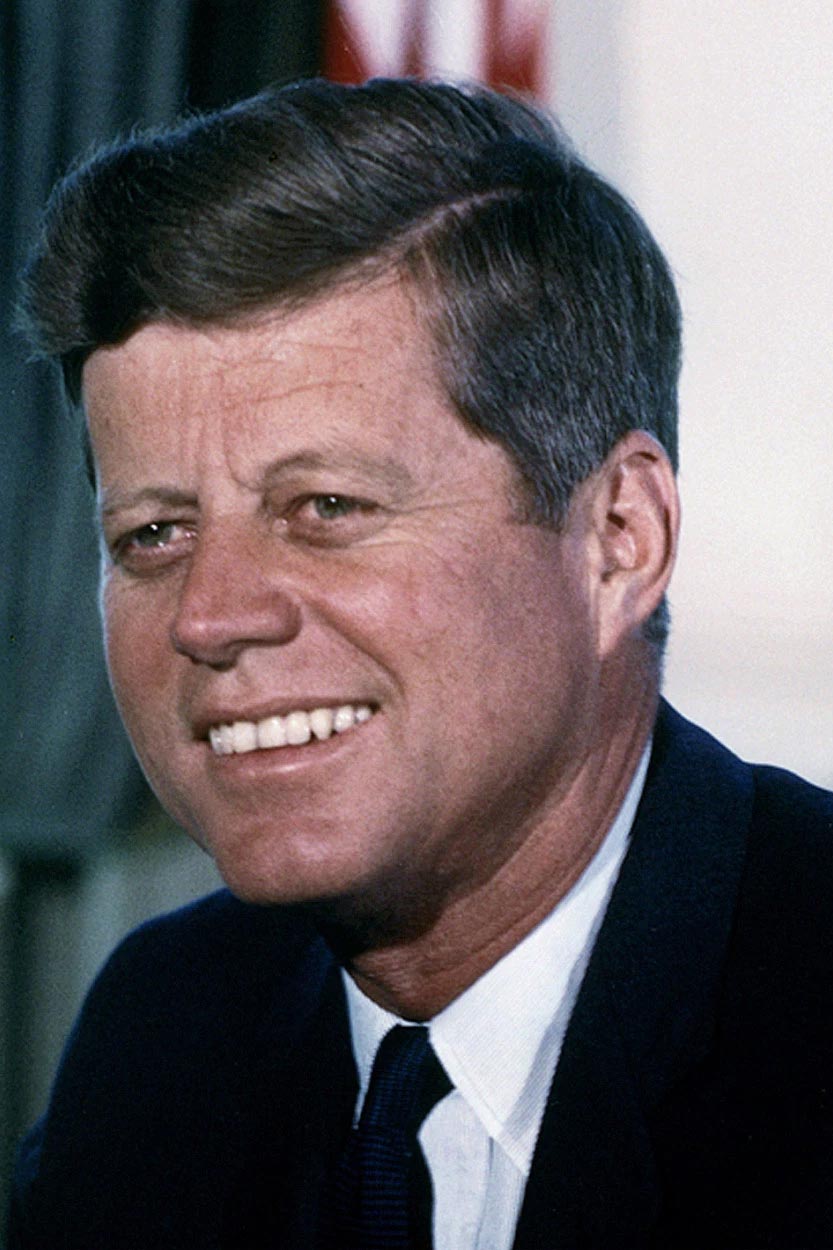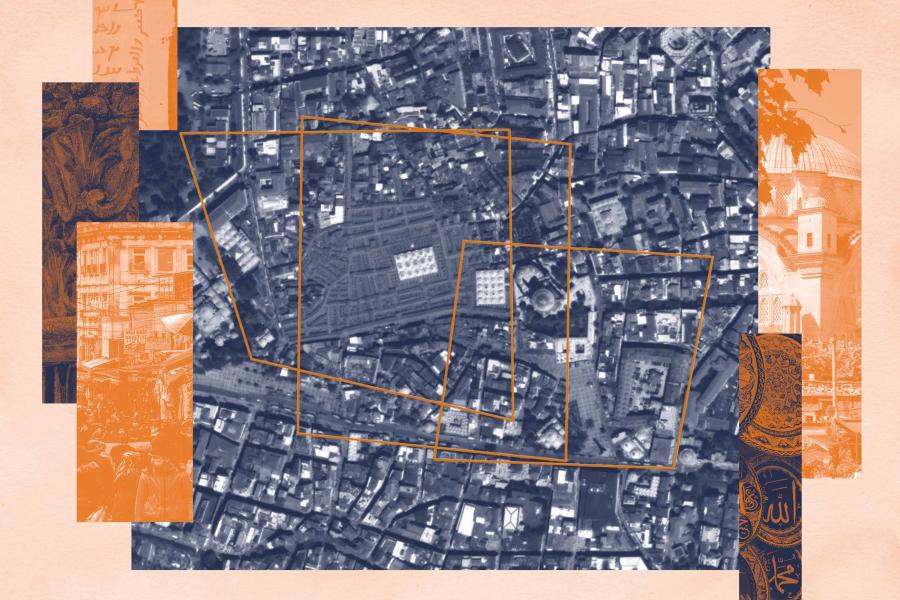In domestic policy, Kennedy ultimately embraced civil rights legislation, though it took him a while to get there. But he teed up several other initiatives that Lyndon Johnson would ultimately enact – federal aid to education and medical care for the aged, for instance – and Kennedy should get credit for putting those on the table. The question remains, though, as to whether he would have been able to get that legislation passed in the form that LBJ did.
It’s also pretty clear that he learned on the job and grew into it, particularly in the aftermath of crises in Cuba and Berlin, and in addressing matters of social justice domestically – affirming the moral cause of civil rights, for instance, in the aftermath of Birmingham and Alabama in the spring of 1963.
Those qualities he came to display more readily – of empathy, circumspection, judgment, prudence and pragmatism would have stood him well in a second term in domestic policy, as well as in foreign policy.
Q. How will history look back on Kennedy?
A. Opinion polls have treated him quite favorably, and while Kennedy wasn’t able to pass much significant legislation, he did tee up for Lyndon Johnson key elements of what would become the Great Society, not only in the fields of health care policy and education, but also poverty. Kennedy is the first one to talk about “a war on poverty,” the phrase that Johnson would use in January 1964.
As for foreign relations, it’s inescapable that JFK escalated the war in Vietnam. The very nature of the program changed on his watch as he expanded the U.S. commitment, raising the number of U.S. military advisers from fewer than 700 to almost 17,000 and delivering hundreds of millions of dollars in assistance. His actions narrowed Johnson’s choices later on, and his obsession with Cuba almost led to a global catastrophe. But once in the middle of the Cuban missile crisis, he handled it with great dexterity. And his concerns over nuclear weapons also led to a landmark, if limited, treaty that banned certain forms of nuclear testing. He also inspired Americans to serve abroad, particularly through the Peace Corps, in an effort to help developing nations. Still, while he encouraged Americans to see the Soviets in a new light, he continued to operate from a Cold War framework that called for confronting the Communists throughout the developing world.
Q. So where does he sit today in the political firmament?
A. The Kennedy/Johnson period has been described as a liberal hour in American politics. Although Kennedy was not on the left of the Democratic Party – he saw himself as a liberal without illusions – he energized a particularly activist period in which presidents embraced the idea of the federal government being a force for good in people’s lives.
Big parts of that agenda have become woven into the fabric of American life. What would the country be like with no civil rights act, no Medicare or Medicaid, no federal aid to education? Although Kennedy wasn’t able to advance those bills into law, he did set an agenda that Johnson would enact, and then expand upon.
More recently, the COVID pandemic reminded us of the vital role the federal government plays in addressing major national and international challenges. And both Kennedy and Johnson recognized the value and necessity of Washington playing a leading role in national life, particularly in providing a social and economic safety net. In doing so, both were carrying out and expanding upon the liberal initiatives that came before them. That’s every bit a part of Kennedy’s legacy, as much as his commandment to “ask not what your country can do for you,” but what you can do for your country.












